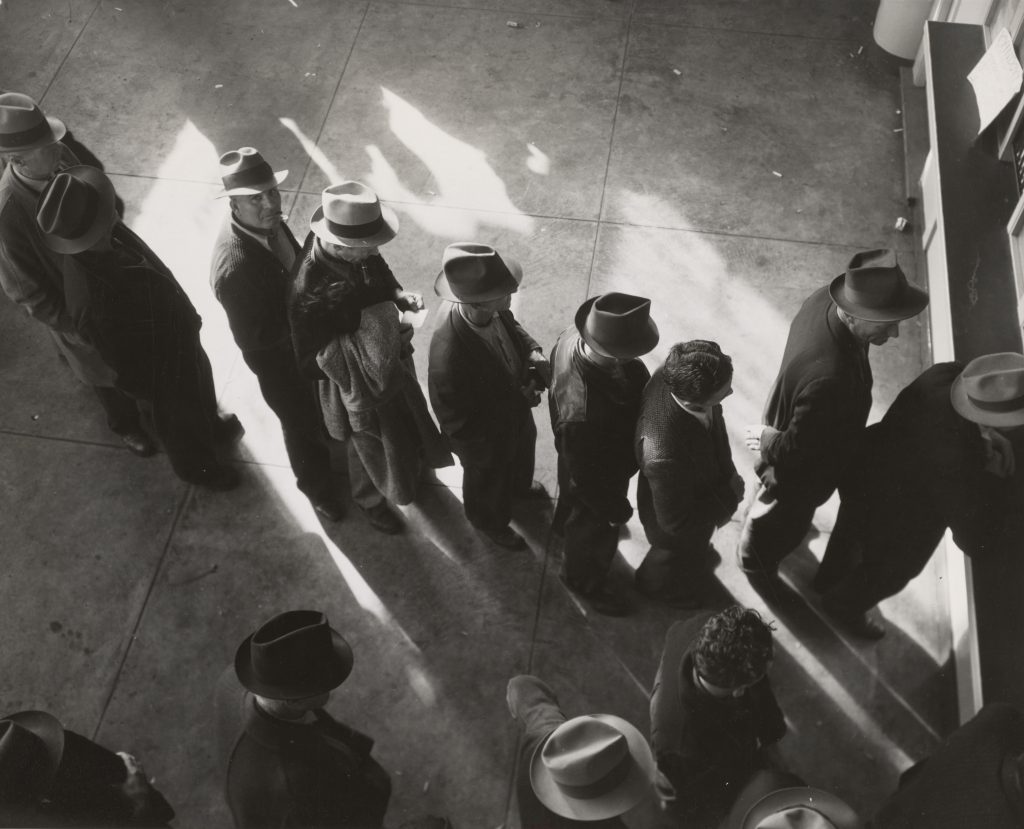There is a consistent disconnect between public discussions about job creation and unemployment benefits. Debates on the state of the economy and number of jobs created focus on federal action. In contrast, debates on whether the unemployed population deserves unemployment benefits frequently center around personal responsibility. Such framing ignores that federal decisions and large scale societal factors heavily influence the ability of unemployed people to find work.
This is of notable importance to current policy issues. Federal unemployment insurance (UI) programs are set to expire on September 6, cutting millions of workers and their families off from benefits while the country is millions of employed people and jobs short of the numbers seen pre-pandemic. People are returning to work, but the situation is precarious for millions of unemployed individuals.
It is an unfolding emergency and the responsibility for addressing it falls primarily on the shoulders of the Biden administration and Congress. Yet reportedly few discussions are occurring on extending benefits again. The Democrats are on the verge of repeating one of the most damaging decisions from the post-Recession years: not extending access to unemployment funds all the way through the recovery, leaving desperate jobseekers without needed support.
The result then was millions of long term unemployed workers losing their main source of income while still being unable to find work. Without unemployment benefits, jobless individuals were forced into dire situations. Current elected officials have the opportunity to prevent that level of pain if they act right now.
Congress must revisit legislation extending pandemic unemployment benefits. The economy is recovering, but allowing unemployment programs to expire threatens the wellbeing of millions of Americans with likely no real impact on employment numbers. States that prematurely ended enrollment in federal UI programs last month did not experience changes in employment, but did see increases in people facing difficulty covering expenses.
Some argue that the unemployed population has had sufficient time to find a new position. However, if there are not enough jobs in existence, as is the case now, the amount of time and effort spent looking for positions in one’s respective field won’t translate to success in finding work for many.
Simultaneously, the lack of available childcare remains a substantial problem for working parents, with the workforce for child day care services 10% lower than in January 2020. A more contagious COVID-19 variant is also circulating. These are limitations beyond any individual’s control.
Even assuming that jobless Americans could safely apply for and return to work starting in mid-June — when around half of states ended enrollment in federal UI programs — millions of unemployed people are at risk of not finding positions before the end of the year. Leading up to the pandemic, 1 in 5 unemployed workers were out of work for more than 26 weeks before entering new roles. The process of finding a job can take many months in a normal search environment.
Policymakers may wish that the country is fully back, but that is not the reality. Some problems take longer to resolve than desired. The recovery has only begun. Finding a new job isn’t easy nor guaranteed. Congressional inaction will result in families undergoing lengthy job searches without income support.
Until employment levels get much closer to their prior levels, it is the government’s responsibility to supply extended unemployment benefits. Failure to do so puts the immediate and long term security of millions of families in jeopardy.

